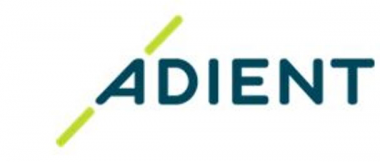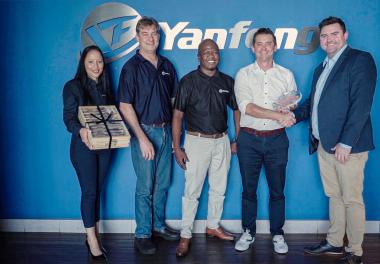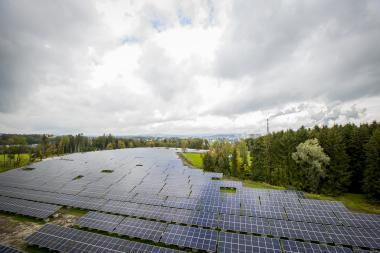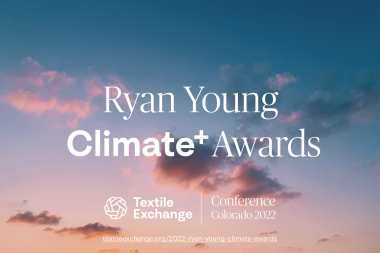ADVANSA and Asia Pacific Fibers (APF) launch fibre made from recycled ocean-bound plastic bottles
ADVANSA and Asia Pacific Fibers (APF) join forces to launch REMOTION®, a premium fibre for sports and activewear, made from recycled ocean-bound plastic bottles with full end-to-end traceability from Prevented Ocean Plastic™. REMOTION® offers a solution for textiles that merges ocean protection with built-in biodegradability. The fibres break-down in marine environments to prevent microplastic pollution of the oceans, a problem which can be the consequence of fibre-shedding from apparel laundry waste-water.
Remotion® offers a solution with various sustainable features such as biodegradability and recyclability, with customized performance features such as anti-bacterial properties and moisture management built-in to the fibre. Moreover, the fibre is also offered in customer curated colours that guarantee very good colour fastness. Thus, this “all-in-one” fibre contributes to a sustainable and healthy environment with savings in water, energy, chemicals, and CO2. The fibre is available in a range of filament and staple options with two variants: REMOTION® Blue made from ocean-bound plastic bottles, REMOTION® Green made from domestic recycled plastic bottles.
REMOTION® Blue is a specially engineered polyester fibre made from ocean-bound plastic as a premium raw material with a social aspect. ADVANSA and APF are cooperating with Prevented Ocean Plastic™, a global recycling initiative that helps tens of thousands of people around the world to clean their coastlines, prevent ocean plastic pollution and earn additional income. Discarded plastic bottles are picked up by plastic collectors from coastal areas at risk of ocean plastic pollution and are taken to collection centres. The plastic bottles are then sorted out, cleaned and processed into raw material flakes which are used as a premium ingredient for REMOTION® Blue range of products.
ADVANSA and Asia Pacific Fibers are launching REMOTION® at the Performance Days in Munich from 3-5 October 2023.
ADVANSA






























